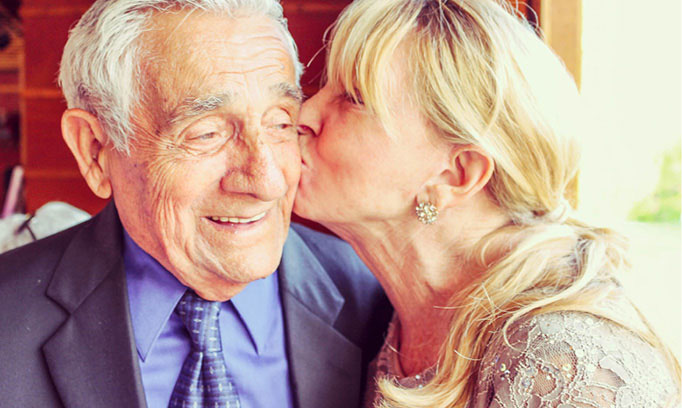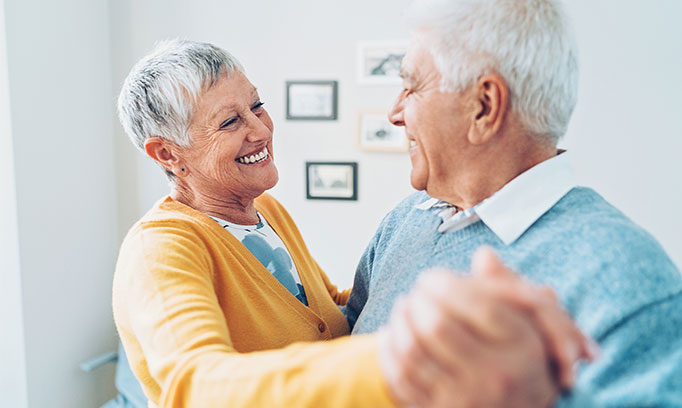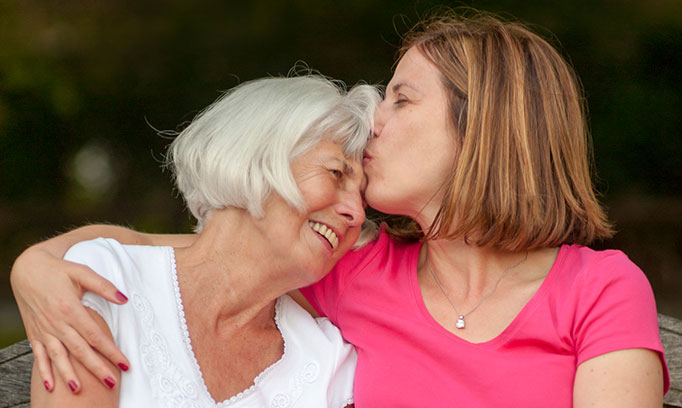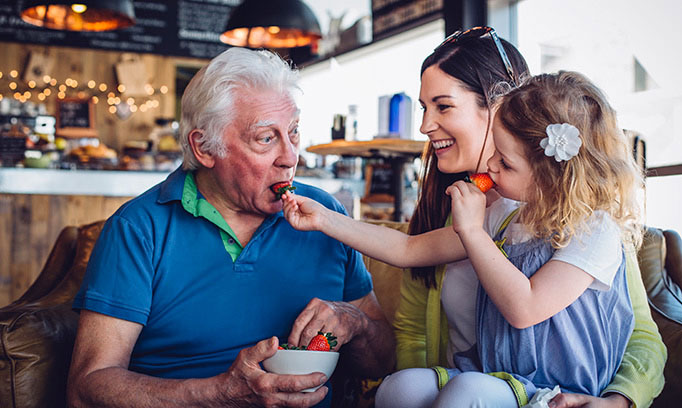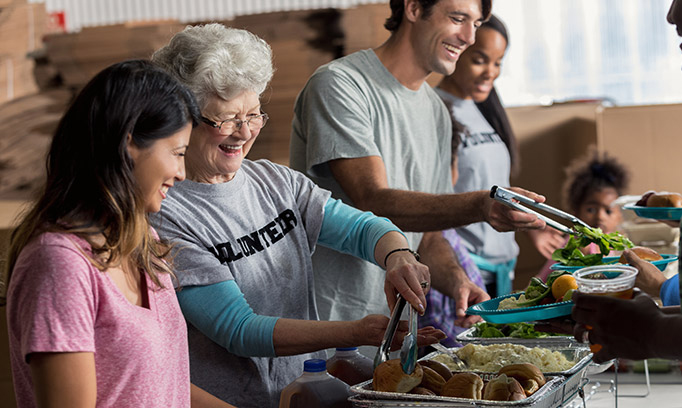
THRIVE
Fight social isolation through volunteering
Posted March 28, 2024
- 43% of adults 60 or older report feeling lonely.
- Social isolation and loneliness among older adults are associated with an increased likelihood of dementia, heart disease and other negative mental and physical health outcomes.
- Volunteering is a great way to feel connected to others and to activate the reward centers of our brain.
Forty-three percent of adults aged 60 or older report feeling lonely according to a report from the National Academies of Sciences, Engineering and Medicine. Social isolation and loneliness for older adults are associated with an increased likelihood of early death, dementia, heart disease, and other negative mental and physical health outcomes. It’s easy to forget just how important it is to maintain relationships. Too many of our aging neighbors spend their time at home and alone.
The following interview with Erica Berger, Allina Health licensed therapist, on the important role volunteering can play in reducing loneliness and social isolation was originally posted on the local Meals on Wheels website. It has been adapted for Healthy Set Go readers.
Why is it important to alleviate loneliness and social isolation?
It is incredibly important that we, as a society, remain focused on this issue. Loneliness and social isolation can be detrimental to a person’s health and wellbeing. As humans, we are hard-wired from birth to be in connection with others. It is a survival mechanism to seek connection and be truly seen for who we are. Research shows that loneliness can have a profound negative impact on a person’s mental, emotional and physical health.
How are feelings of isolation or loneliness connected to physical health?
Research has shown that prolonged loneliness can lead to increased depression, anxiety and sleep disorders. Stress resulting from loneliness can lead to an increased risk of stroke, heart attack, obesity, chronic or acute pain, and even death.
Can volunteering help you feel more connected to your community?
Absolutely. Volunteering is a great way to feel connected to others and to activate the reward centers of our brain.
Meals on Wheels staff and volunteers hear that the short interaction that comes with dropping off meals helps both volunteers and recipients feel more connected. Why can a brief interaction like this make such a difference?
The key to these brief interactions is in the shared space – the connection and compassion held for another person’s wellbeing. This sense of connection results in physiological changes in our bodies, including activating the part of our brain that responds to receiving rewards or experiencing pleasure. The amazing thing is the more we experience these physiological changes, the more we are driven to be even more connected and compassionate toward others.
There is also a natural connection that happens when we share a meal. This is true even when we are simply connecting over the gift of nourishment. I believe this positively adds to the particular experience of Meals on Wheels and the way they help connect people.
If you’re feeling lonely or isolated, what should you do?
Some things that can help you combat feeling lonely or isolated include:
1.) Join a class or club (in person or virtual).This offers the chance to connect over a shared interest or experience.
2.) Volunteer. This helps fuel connection and activate a positive psychological response. Learn about other health benefits of volunteering.
3.) Strengthen existing relationships. Loneliness can sometimes result in feelings of shame, which drives you to isolate further. It is so important that you combat the shame and acknowledge your experience. Loneliness is a normal human emotion. Seek to connect with your existing relationships.
4.) Adopt a pet or volunteer in an animal shelter. There is incredible evidence around the positive impact animals have to reduce loneliness. Pets can naturally help you connect with others, for example when you run into people while out walking your dog, or interacting with other volunteers at a local shelter.
5.) Talk to strangers. The small interactions between people matter! Not sure where to start? Download and print these Hello4Health Conversation Starter cards, so you always have a bunch of questions at the ready.
6.) Seek therapy. Loneliness can bring about significant shame and become a challenge to combat. Seeking out therapy can be a helpful way to process, work through the shame and other emotions, and gain tools to support fostering positive connections.
Partnering with Allina Health to fight loneliness in our community
Allina Health and Meals on Wheels are partnering to build deeper connections between volunteers, meal recipients and caregivers through a mobile app and resources from the Allina Health initiative, Hello4Health.
Learn more about our online resource Hello4Health.
MORE LIKE THIS
EMPOWER YOURSELF
Get fun, inspiring, provider-reviewed articles sent to your inbox.
Sign up for our email newsletter

